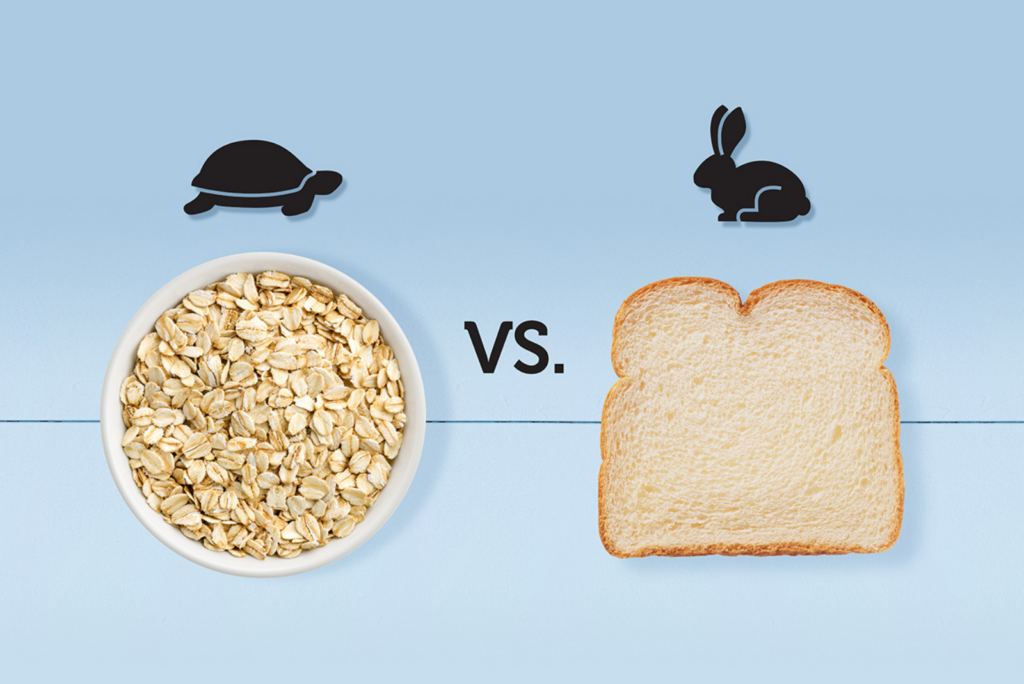WASHINGTON, DC — A new study challenges the long-held, yet long-unproven, assumption that high-glycemic index (GI) foods increase risk of obesity, while low-GI foods promote fat loss.
Published in Advances in Nutrition, the comprehensive study, “Perspective: Does Glycemic Index Matter for Weight Loss and Obesity Prevention? Examination of the Evidence on ‘Fast’ Compared with ‘Slow’ Carbs,” analyzed data on 43 cohorts from 34 publications (comprising nearly two million adults) to assess if dietary glycemic index impacts body weight.









